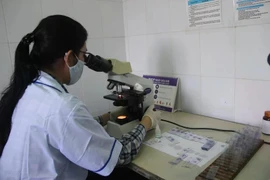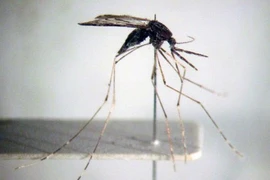Jakarta (VNA) - Indonesia has been developing an artificial intelligence (AI)-based malaria detection system, which will use data from many places across the country to identify distinct malaria parasite species.
This technology utilises morpho-geometric feature extraction to identify the size and shape of infected blood cells, according to Anto Satriyo Nugroho, head of the Research Center for Artificial Intelligence and Cybersecurity under the National Research and Innovation Agency (BRIN).
Accordingly, the AI system is designed to detect a patient's malaria infection status automatically by analysing blood smear microphotographs.
Although one of the most difficult aspects of building the system is the parasite's changing morphology throughout the mosquito's life cycle, BRIN is optimistic that the technology will make a substantial contribution to Indonesia’s efforts to eradicate malaria.
Besides, BRIN has also encouraged collaboration among scholars, industry, and government to create AI that is relevant to local requirements./.

Malaria cases in Vietnam down 20% in 2024
According to Dr. Hoang Dinh Canh, Director of the Central Institute of Malaria, Parasitology, and Entomology, from 2014 to 2024, the number of malaria cases and deaths has gradually declined year on year, with a decrease of 97.76% from 15,752 cases to 353 cases per year.


























